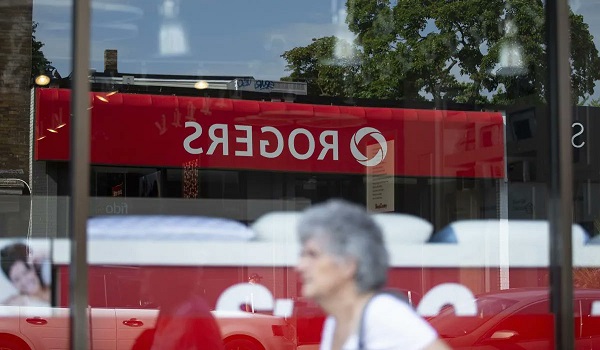Aggressive discounts by BCE, Rogers and Telus keep customers happy, but weaken the return on investment
Canada’s largest telecommunications companies are trapped in a Catch-22: Their aggressive discounts are keeping Ottawa and new customers happy, but hurt their chances of earning back the billions of dollars they spent on spectrum and other investments to offer superior service.
And at a time when the share prices of BCE Inc., Rogers Communications Inc. and Telus Corp. are all struggling, the weaker return on investment only makes it harder to resuscitate their stocks, which have historically had large retail investor support.
Since the start of the year, the shares of BCE and Rogers are down more than 14 per cent, while Telus is down almost 8 per cent. In that period, the S&P/TSX Composite Index has risen 9.1 per cent.
With their share prices suffering, telecom companies have started major restructurings. In February, BCE said it would lay off 9 per cent of its work force, and last summer Telus said it would lay off 4,000 people.
“Regulators and consumers may have been pleased by falling wireless prices and ballooning data buckets, but telecom investors have been aggrieved by seemingly more aggressive actions than necessary and the devaluing of network investments that they helped support,” National Bank Financial analyst Adam Shine wrote in a note to clients Monday.
Canada’s three largest telecom providers have spent heavily on new infrastructure to support faster internet speeds and better service for cellphone data. While costly, the hope was that customers would ultimately pay more for better service, and higher revenues could be used to pay down the debt taken on to fund these investments.
Lately, however, telecom companies have been locked in a price war, and because there is no end in sight, analysts and investors are wondering about long-term intentions.
“Paying billions of dollars on capital expenditures/spectrum to build premium networks only to then materially discount is a weak strategy,” Mr. Shine wrote in his note.
Earlier this month, RBC Dominion Securities analyst Drew McReynolds wrote in a note to clients that of all the questions investors ask about the sector, the first is, “When and how will telecom pricing stabilize?”
Across the industry, discounts were widely expected after Freedom Mobile was sold to Quebecor Inc. in 2023. (Shaw Communications previously owned Freedom, but had to sell the wireless company as part of its takeover by Rogers.) More than a year later, however, the discounts persist.
In Ontario and Western Canada, Freedom is offering 100 gigabytes of data plus unlimited talk and text in Canada, the United States and Mexico, as well as 10 gigabytes of data roaming, talk and text in 92 international destinations, for $55 a month, according to National Bank Financial. While Bell, Rogers and Telus have all held firm on pricing for 5G plans under their flagship brands, Telus has been offering 5G at a material discount through its fighter brand Public Mobile.
Public Mobile customers can get 75 gigabytes of data and unlimited text/call in Canada and the United States for $40 a month.
In the wireline segment, which includes internet and cable and is sometimes referred to as “fibre,” BCE has been offering aggressive discounts. Mr. Shine noted that an investor recently received an offer in Quebec for internet at download speeds of 1.5 gigabytes a second, Basic TV plus 10 channel picks, no installation fees, no equipment rental fees and a $250 Visa gift card for $75 a month. “Fibre is supposed to be the superior product, but it’s being massively discounted,” he wrote.
Competitive pricing is common in the industry in certain windows, such as around Black Friday, but the current run of discounts has persisted much longer than analysts expected.
At the same time, the industry faces headwinds to its growth, including much lower immigration and the continuing destruction of the traditional cable-television business. And layered on top are heavy debt burdens, both from funding the capital expenditures and acquisitions such as Rogers’ purchase of Shaw.
This article was first reported by The Globe and Mail













